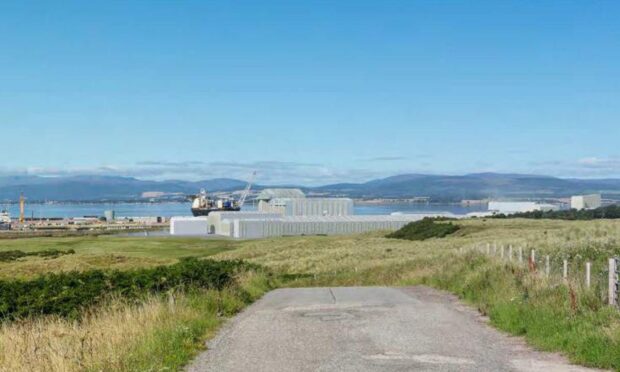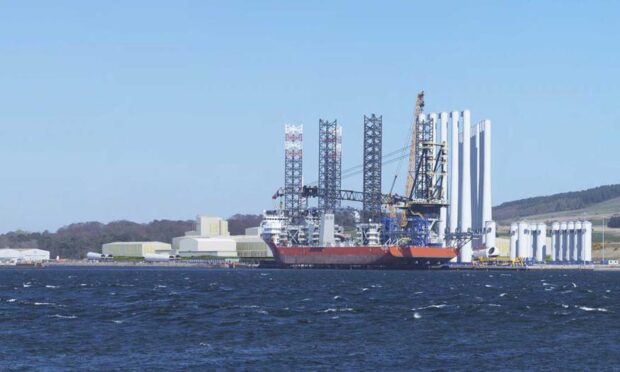
Planning proposals for a £200 million project in the Highlands say it will create more than 150 “green” jobs.
Global Energy Group Nigg and Japanese company Sumitomo Electric Industries have lodged their plans for a new high voltage cable manufacturing plant.
The plans have been submitted for a site 1,640 ft away from Nigg Welding School.
More than 200 documents have been submitted to Highland Council over the potential changes to the 15-hectare site.
Investment plans were announced in May as the Japanese firm aims to capitalise on demand for subsea cables used for offshore wind farms.
Plans say Highlands faces ‘economic challenges’
Submitted proposals said it is clear the Highlands is facing “a number of economic challenges.”
The report, prepared by Inverness planning agents Mabbett & Associates, states: “Overall, it is clear that the Highlands, and in particular Easter Ross is facing a number of economic challenges.
“It continues to be adversely affected from historical industrial decline, the slowdown in the oil and gas sector and resultant deprivation levels.
“In the absence of new investment there is a likelihood that the area will continue to be excluded and suffer in economic terms.”
The papers also said investment in sectors such as renewables will help to boost local economy.
It added: “There is scope for new investments to attract economic activity, investment and employment opportunities for existing and prospective residents to the area.
“New investment in key economic sectors, such as renewables, can help to boost the local economy.”
New manufacturing plant job creation
The paperwork said 156 new jobs will be made once the manufacturing plant is fully operational.
It said 31 of the local posts will be office jobs and 125 will be process and plant operative roles.
Plans also say wider supply chain benefits will create a further 70 additional jobs in the local economy.
Plans for the main plant states it will be one large single building with two floors spanning across 464,409 sq ft.
The Scottish Government wants to achieve “net zero” emissions by 2045 and needs to rely on natural resources such as wind to meet the target.
 © Global Energy Group Nigg
© Global Energy Group Nigg